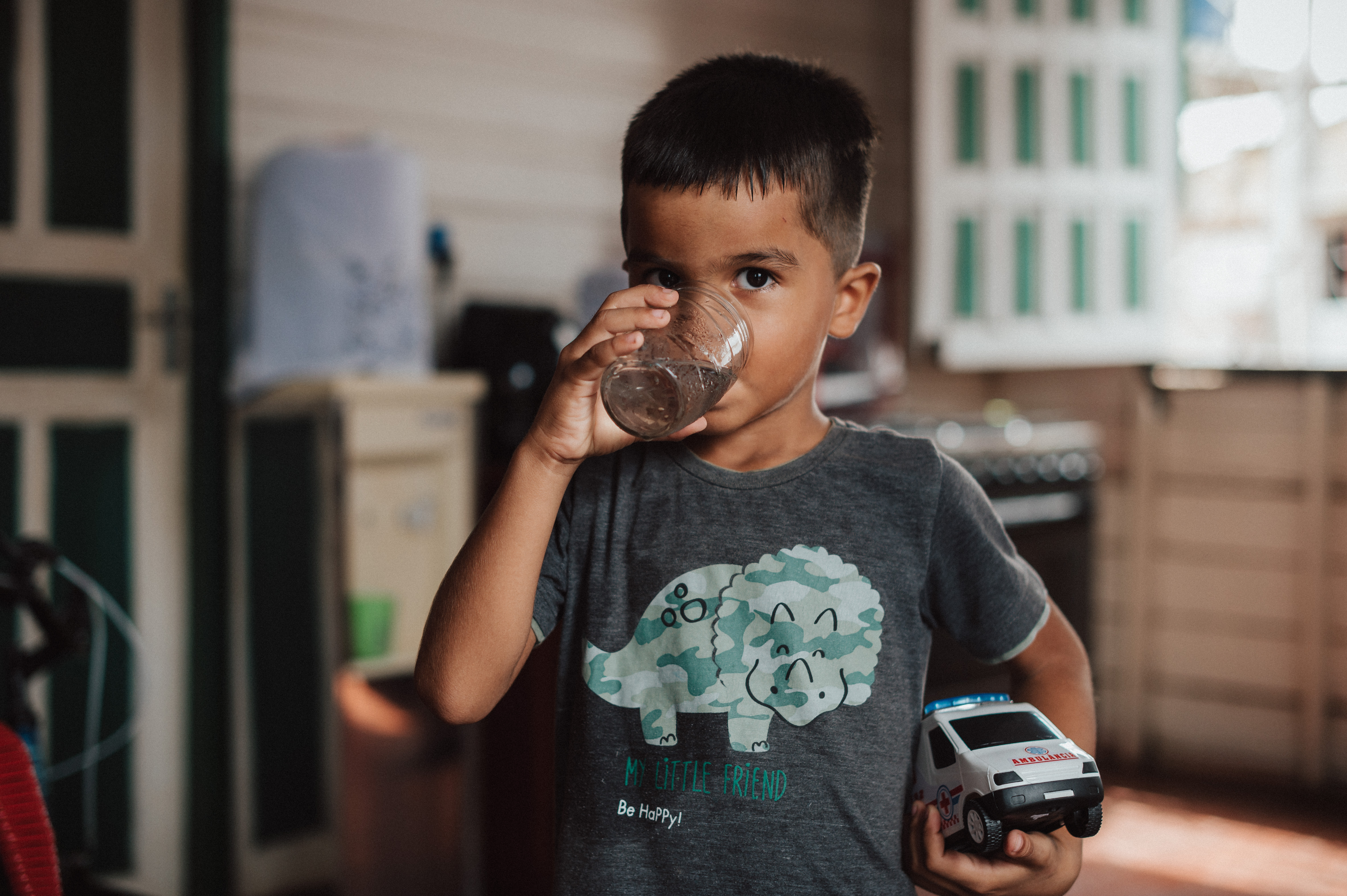

Description
The Direct Money at School Program – PDDE, created in 1995, also known by the participating entities as Basic PDDE, is currently governed by Resolution CD/FNDE/MEC No. 15, of September 16, 2021. It provides for guidelines for technical and financial support, inspection and monitoring in the execution of the Program, in compliance with the provisions of Law No. 11.947, of June 16, 2009.
PDDE has a supplementary nature and consists of the annual allocation of financial resources passed on to the participating entities, whose purposes are to contribute to:
• meeting the priority needs of beneficiary educational establishments that contribute to ensuring their operation;
• promoting improvements in its physical and pedagogical infrastructure; and
• encouraging school self-management and the exercise of citizenship, with the participation of the community in processes of social accountability.
PDDE Water and Sanitation - Direct Money at School Program
Objective: Allocate financial resources of costing and capital to basic education, in rural areas, including indigenous and quilombolas communities, to guarantee the supply of quality drinking water and sanitation in schools, which have declared in the Census the inexistence of water supply or sanitation.
The financial resources must be used in the acquisition of equipment, hydraulic installations and hiring of labor, necessary for the construction of wells, cisterns, septic tanks and other forms that ensure continuous supply of drinking water and sanitation.
Criteria 8/11
- ACCESSIBILITY
- ALIGNMENT WITH SDG 1,3,4,6 AND/OR 11
- RACE AND GENDER ISSUES
- ATTENTION TO CHILDREN AND ADOLESCENTS
- LOW COST
- SOCIAL DIFFUSION
- ADMINISTRATIVE EFFICIENCY
- ADHERENCE AND CONTINUITY AT LOCAL LEVEL
- WASH INITIATIVE
- CLIMATE RESILIENCE
- SUSTAINABILITY
The Departments of the Ministry of Education are accessed by the municipal departments of education to access the program's resources.
Public schools
National
Since 1995
FNDE will transfer the resources of the Basic PDDE and the Integrated Actions to the benefited schools, through the following entities:
Executing Entity – Eex -> municipal governments and state and district departments of education that represent public school units with up to 50 (fifty) students enrolled;
Executing Unit – UEx -> civil society organization with legal personality under private law, non-profit, constituted for the purpose of representing a public school unit or a consortium of public school units, composed of members of the school community and commonly referred to as school fund, school council, association of parents and teachers, circle of parents and teachers, among other denominations; and
Maintaining Entity – EM -> civil society organization with legal status under private law, non-profit, qualified as a beneficiary of social assistance or direct and free service to the public, representative of private schools of special education.
To have access to the PDDE Water and Sanitation resource, in addition to informing the Census of the lack of water or sanitation, schools in the district, state and municipal networks must have their own Executing Unit (UEx) and have their own building.
The Program's website allows the municipal manager easy access to the various topics:
• Registration update
• Collaborating Centers to Support Monitoring and Program Management
• Educational
• Announcements
• Guides and Resolutions
• Monitoring of the PDDE
• PDDE Info – School Consultation
• Relationship with the Bank Branch
• Systems
• PDDE TV
The PDDE Interactive website was also made available, which is a school management support tool developed by the Ministry of Education, in partnership with the Secretariats of Education, and is available to all public schools registered with the School Census.
The Program developed the PDDE Decentralized Management Performance Index (IdeGES-PDDE, acronym in Portuguese), which is an instrument to measure the performance of decentralized management of the PDDE throughout the national territory, with the objective of enabling monitoring and evaluation initiatives, guiding government action to improve the performance of the Program, favoring the exercise of social accountability and recognizing successful management initiatives.
EXPENSES EXECUTED IN THE BUDGET ACTION
2014 - 2.21 billion
2015 - 1.48 billion
2016 - 1.32 billion
2017 - 1.37 billion
2018 - 1.62 billion
2019 - 1.07 billion
2020 - 1.35 billion
2021 - 1.65 billion
2022 - 1.85 billion
Source: DINHEIRO DIRETO NA ESCOLA PARA A EDUCACAO BASICA (portaldatransparencia.gov.br)